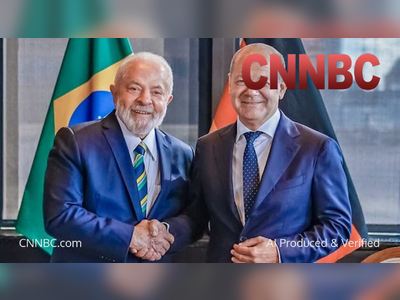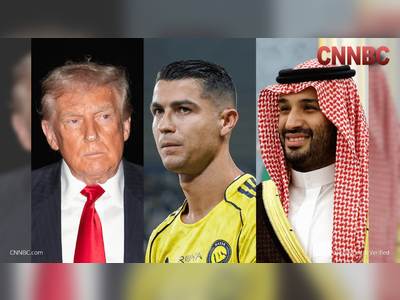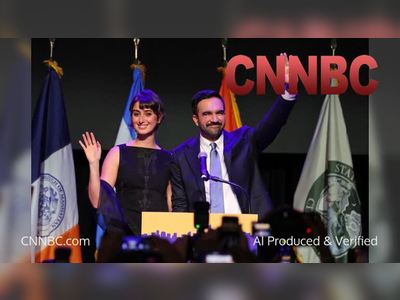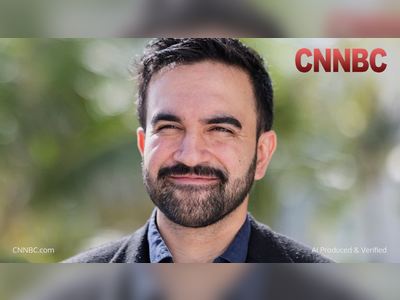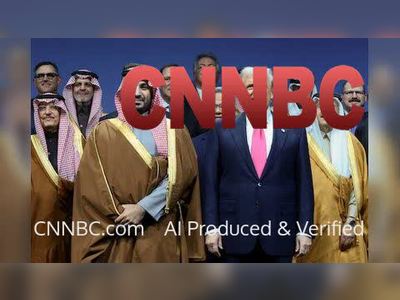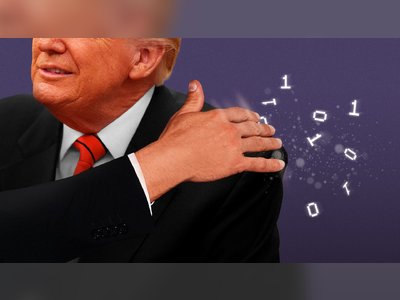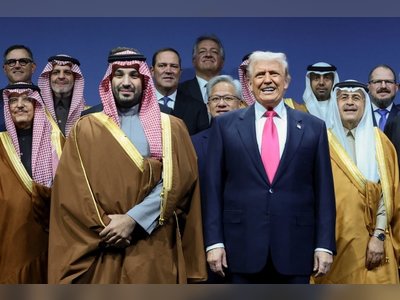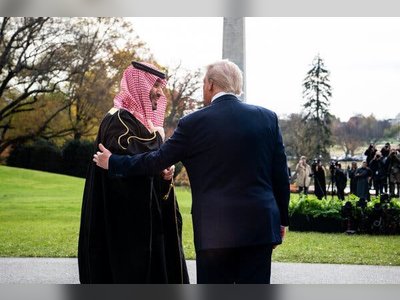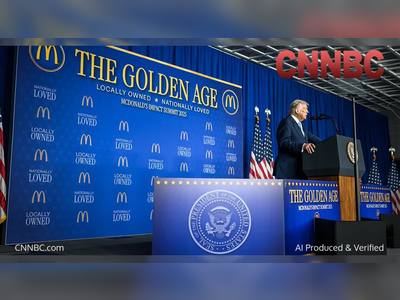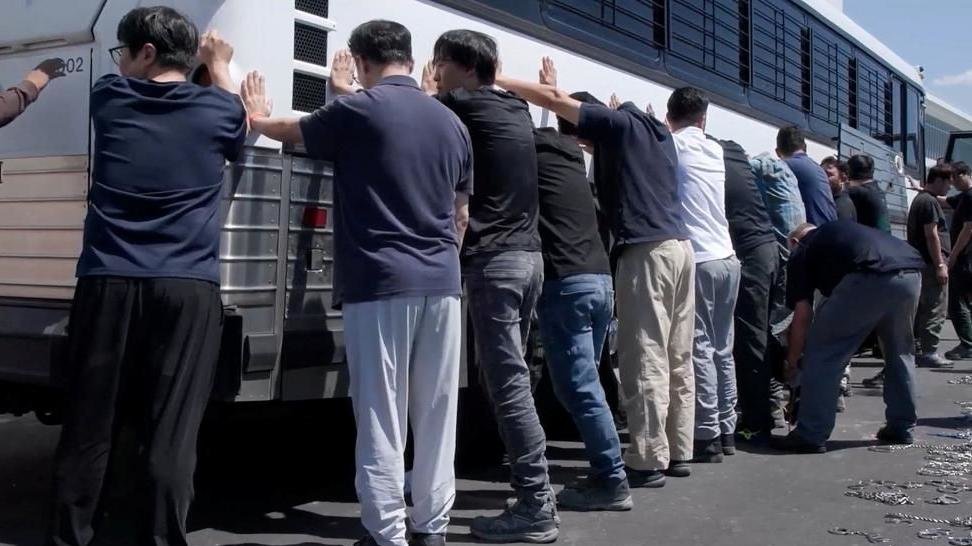
U.S. White House Apologises to Hyundai Chief after Georgia Factory Immigration Raid
Hyundai’s CEO says he received a personal call from the White House following the mass detention at a battery-plant construction site, raising diplomatic alarms with South Korea
The White House has privately apologised to Hyundai Motor Company chief executive José Muñoz for the massive immigration raid at the company’s battery-plant construction site in Georgia, he stated during a business conference in Singapore.
Mr Muñoz said he received a personal call from senior officials in Washington and was told that the administration regretted the incident.
He additionally noted that Georgia’s governor had acknowledged the situation by saying “I don’t know what happened, this is not state jurisdiction.”
On September 4 2025, U.S. authorities detained around 475 workers—over 300 of them South Korean nationals—at the HL‑GA Battery Company plant in Bryan County, Georgia, in what was described as the largest single-site enforcement operation in the history of the U.S. Immigration and Customs Enforcement.
The factory is part of Hyundai’s U.S. manufacturing build-out and a major venture with LG Energy Solution.
Hyundai said the raid would delay the plant’s launch by at least two to three months and has since called for a new U.S. visa class for short-term specialised workers.
Though the White House has acknowledged the investment importance of companies such as Hyundai, it has not publicly confirmed the apology to Mr Muñoz.
A spokesperson said the U.S. is “proud to be a home for major investments and looks forward to continuing to build on these historic investments and partnerships” while also affirming that “any foreign workers brought in for specific projects must enter the United States legally and with proper work authorisations.”
The incident has had ripple effects in U.S.–South Korea relations.
Seoul labelled the operation “grave” and warned it could dampen future investment.
South Korean workers returned home after being held more than a week, and Korean officials have pushed for assurances on visas and labour treatment going forward.
Meanwhile, Hyundai reaffirmed its $12 billion investment plan in Georgia and its goal to manufacture eighty per cent of its U.S. vehicles domestically by 2030, despite the setback.
The episode has placed a spotlight on the intersection of high-tech manufacturing, immigration enforcement and geopolitics.
President Donald Trump said foreign companies are welcome “as long as they hire and train American workers,” while the raid has raised fresh concerns about how foreign investment and labour mobility are managed in an age of strategic technology competition.
Mr Muñoz said he received a personal call from senior officials in Washington and was told that the administration regretted the incident.
He additionally noted that Georgia’s governor had acknowledged the situation by saying “I don’t know what happened, this is not state jurisdiction.”
On September 4 2025, U.S. authorities detained around 475 workers—over 300 of them South Korean nationals—at the HL‑GA Battery Company plant in Bryan County, Georgia, in what was described as the largest single-site enforcement operation in the history of the U.S. Immigration and Customs Enforcement.
The factory is part of Hyundai’s U.S. manufacturing build-out and a major venture with LG Energy Solution.
Hyundai said the raid would delay the plant’s launch by at least two to three months and has since called for a new U.S. visa class for short-term specialised workers.
Though the White House has acknowledged the investment importance of companies such as Hyundai, it has not publicly confirmed the apology to Mr Muñoz.
A spokesperson said the U.S. is “proud to be a home for major investments and looks forward to continuing to build on these historic investments and partnerships” while also affirming that “any foreign workers brought in for specific projects must enter the United States legally and with proper work authorisations.”
The incident has had ripple effects in U.S.–South Korea relations.
Seoul labelled the operation “grave” and warned it could dampen future investment.
South Korean workers returned home after being held more than a week, and Korean officials have pushed for assurances on visas and labour treatment going forward.
Meanwhile, Hyundai reaffirmed its $12 billion investment plan in Georgia and its goal to manufacture eighty per cent of its U.S. vehicles domestically by 2030, despite the setback.
The episode has placed a spotlight on the intersection of high-tech manufacturing, immigration enforcement and geopolitics.
President Donald Trump said foreign companies are welcome “as long as they hire and train American workers,” while the raid has raised fresh concerns about how foreign investment and labour mobility are managed in an age of strategic technology competition.

